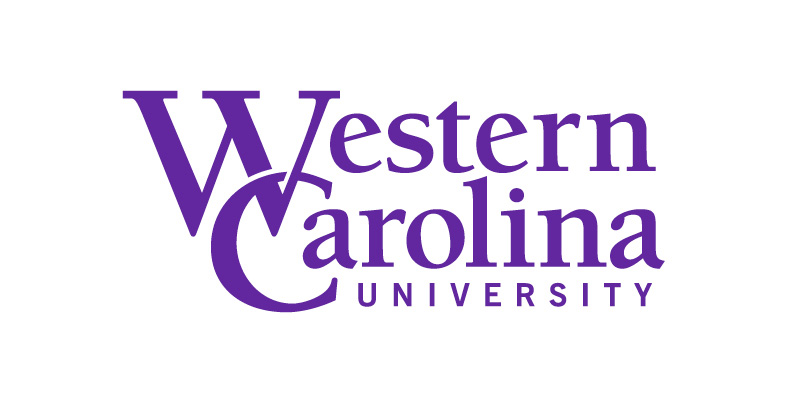
What Type Cases Do We Mediate?
We mediate both covered and non-covered cases. Covered cases are at no cost to you and include:
- Disputes with the FSA
- Disputes with Farm Credit Lenders
- Disputes with:
Rural Development (RD)
National Forest Service (NFS)
Natural Resource Conservation Services (NRCS)
Risk Management Agency (RMA) - Disputes with neighbors
- Disputes under the National Organic Program
- Disputes involving wetlands
- Disputes involving leases
- Disputes involving family farm transition
- Credit Counseling assistance
What are the Benefits of Mediation?
Mediation offers you many advantages over other methods of resolving agricultural disputes because the process:
- Is voluntary and allows time to hear and be heard
- Offers parties an opportunity to start working on a resolution right away, without waiting through lengthy appeal process
- Allows parties to maintain confidentiality
- Allows parties who are most familiar with the dispute to create their own solutions
- Helps restore communication between disputing parties
- May preserve and improve important business relationships
- Provides an impartial setting in which to openly discuss all issues involved, including sensitive financial matters and personal issues that might not be considered in a formal appeal or courtroom
- Saves everyone the time and cost involved with the appeal process or a lawsuit
Visit Us On You Tube
“The mediator gave me her undivided attention…. I felt I was being set up for failure by this agency from start to finish, but at mediation they found out I had a side too.”
Neutrality
NCAMP and its mediators act as neutrals in all disputes. They do not act as advocates for either party. Instead, they help the parties discuss the issues and resolve the dispute.
Consent
Any settlement must be reached by mutual consent of both parties involved.
Confidentiality
All mediations are confidential within certain parameters that will be discussed at the mediation.
Location
Although NCAMP is housed at Western Carolina University in Cullowhee, NC, mediations are held in the county where the parties work or reside.
Counsel/Experts
Mediation participants will be limited to interested parties (who may have legal counsel and/or experts present, at the discretion of the mediator).
Mediation Director: Bob Holbert
Bob Holbert has been a Mediator with NCAMP since program’s inception in 2007, he’s also a lifelong resident of Polk County , NC. He’s married to his wife Linda and together that have two sons and five grandchildren.
He received A Bachelor of Science degree in Social Sciences Appalachian State University. He has spent 30 years working closely with USDA’s (United States Department Of Agriculture) Farm Service Agency.
Mr. Holbert was formerly employed with Polk County Clerk of Court. Mr. Holbert also has work with North Carolina Dispute Resolution Commission (Or NCDRC) Certified Superior Court Mediator since 2007.

Executive Director: Debra Burke
Debra Burke is a Professor of Business Administration & Law in the College of Business at Western Carolina University.
She has a Master’s degree in Public Affairs and a Doctor of Jurisprudence from the University of Texas.
Professor Burke’s research interests include contract law, employment law and pedagogical studies. She was licensed to practice law in Texas.

Non-Discrimination Statement
The U.S. Department of Agriculture (USDA) prohibits discrimination in all its programs and activities on the basis of race, color, national origin, age, disability, and where applicable, sex, martial status, familial status, parental status, religion, sexual orientation, political beliefs, genetic information, reprisal, or because all or part of an individual’s income is derived from any public assistance program. (Not all prohibited bases apply to all programs.) Persons with disabilities who require alternative means for communication of program information (Braille, large print, audiotape, etc.) should contact USDA’s TARGET Center at 202-720-2600 (Voice and TDD).
To file a complaint of discrimination, write to USDA, Assistant Secretary for Civil Rights, Office of Assistant Secretary for Civil Rights, 1400 Independence Ave., S.W., Stop 9410, Washington, D.C. 20250-9410 or call toll-free at (866) 632-9992 (English) or (800) 877-8339 (TDD) or (866) 377-8642 (English Federal-relay) or (800) 845-6136 (Spanish Federal-relay). USDA is an equal opportunity provider and employer.
